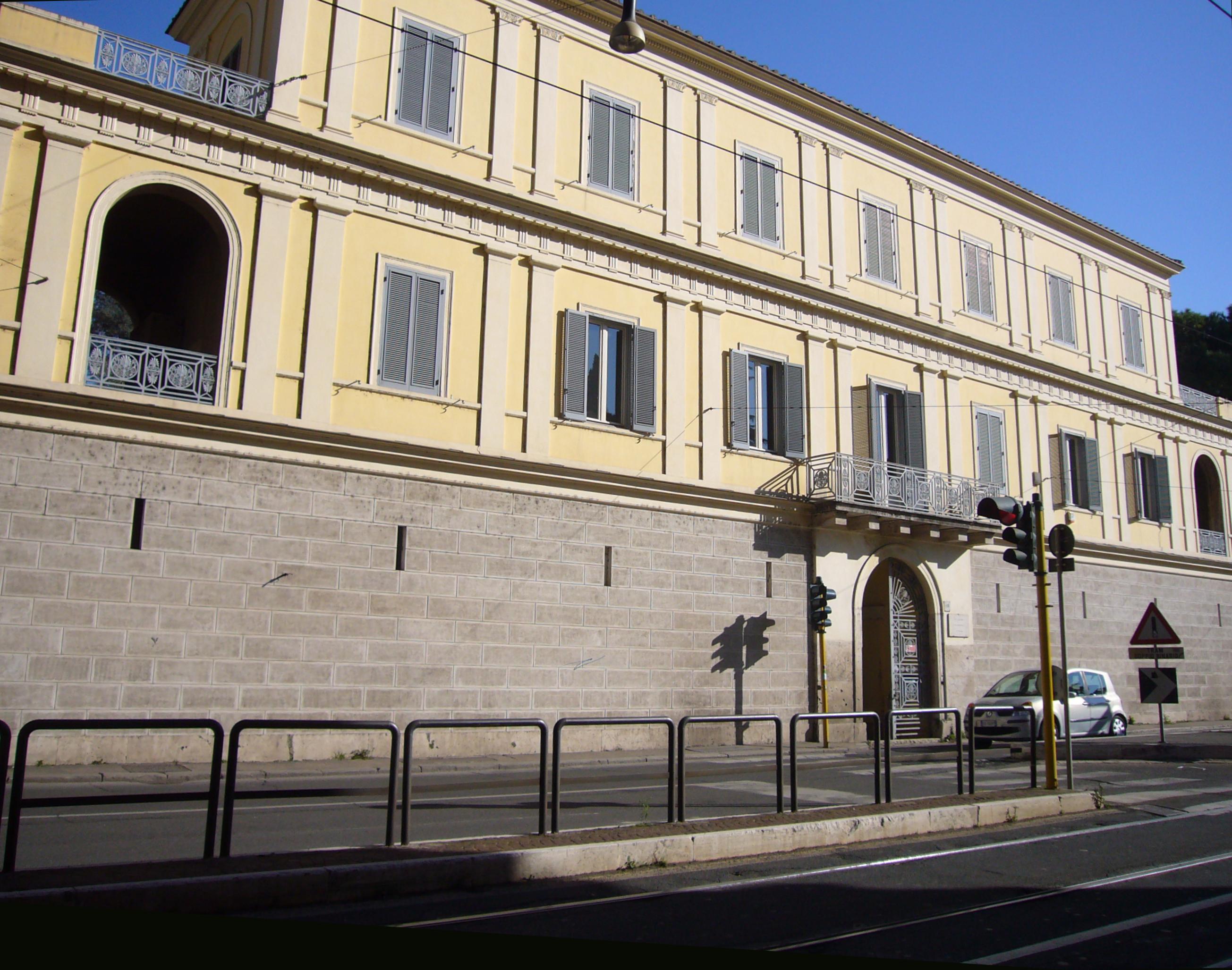


The Roman Philharmonic Academy is one of the oldest Roman and Italian musical institutions. It was founded in 1821 in the wake of the great phenomenon of "amateurism"; the young exponents of the upper classes usually received an excellent musical preparation, which they then put into practice by playing music "for pleasure" in their living rooms. The Philharmonic was therefore founded by a group of nobles and wealthy bourgeois led by the Marquis Raffaele Muti Papazzurri: "amateur" singers and instrumentalists determined to gather their energies for the performance not only of isolated pieces but of entire operas in the form of concert. Soon - with the official recognition of the papal state, in 1824 - the Philharmonic changed the structure of an amicable agreement between private individuals, to get to assume a leading role in the cultural life of the city.

Despite the economic and political difficulties - which also entailed a long interruption of the activity between 1849 and 1856 - the Academy was in fact able to respond to the anxiety of updating the ruling class, by proposing scores which, for reasons of censorship or due to the unavailability of the theatrical halls, the Roman public did not know. By way of example, it will be enough to mention some works performed in the Roman premiere at the Philharmonic: Moses in Egypt, Elizabeth Queen of England, Zelmira by Rossini; The exile of Rome, Lucrezia Borgia, Don Sebastiano di Donizetti; Meyerbeer's The Crusader in Egypt; The brigands, the vestal and the oratory The seven words of N.S. Jesus Christ on the Cross of Mercadante. Of particular importance was the first Italian execution of Rossini's "Siege of Corinth in 1827, and William Tell, which was proposed in 1835 after a persistent prohibition opposed by the authorities for several years; the conditions imposed by the censorship provided for the omission of all the recitatives, the usual mendas to the poetic text and even the omission of the title of the work on the invitation cards.
The list of personalities who collaborated with the Philharmonic is also prestigious, starting with Gaetano Donizetti, who wrote a piece for the cantata Il genio dell'Armonia in homage to Pius VIII and conducted Anna Bolena in 1833; the tenor Enrico Tamberlick instead made his seventeen year old debut in 1837 in Guglielmo Tell. In 1860 the Philharmonic was dissolved by the papal government because numerous exponents had manifested pro-liberal orientations.
Roman Philharmonic Academy
Address: Via Flaminia, 118, 00196
Phone: 063201752
Site:
http://www.filarmonicaromana.org/Location inserted by
Giulia